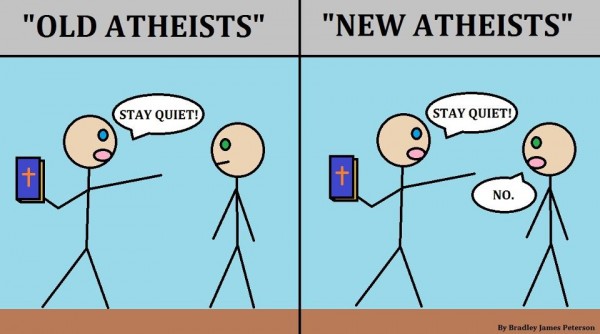In 1929, the Thinker’s Library, a series established by the Rationalist Press Association to advance secular thinking and counter the influence of religion in Britain, published an English translation of the German biologist Ernst Haeckel’s 1899 book The Riddle of the Universe. Celebrated as “the German Darwin”, Haeckel was one of the most influential public intellectuals of the late nineteenth and early twentieth century; The Riddle of the Universe sold half a million copies in Germany alone, and was translated into dozens of other languages. Hostile to Jewish and Christian traditions, Haeckel devised his own “religion of science” called Monism, which incorporated an anthropology that divided the human species into a hierarchy of racial groups. Though he died in 1919, before the Nazi Party had been founded, his ideas, and widespread influence in Germany, unquestionably helped to create an intellectual climate in which policies of racial slavery and genocide were able to claim a basis in science.
The Thinker’s Library also featured works by Julian Huxley, grandson of TH Huxley, the Victorian biologist who was known as “Darwin’s bulldog” for his fierce defence of evolutionary theory. A proponent of “evolutionary humanism”, which he described as “religion without revelation”, Julian Huxley shared some of Haeckel’s views, including advocacy of eugenics. In 1931, Huxley wrote that there was “a certain amount of evidence that the negro is an earlier product of human evolution than the Mongolian or the European, and as such might be expected to have advanced less, both in body and mind”. Statements of this kind were then commonplace: there were many in the secular intelligentsia – including HG Wells, also a contributor to the Thinker’s Library – who looked forward to a time when “backward” peoples would be remade in a western mould or else vanish from the world.

